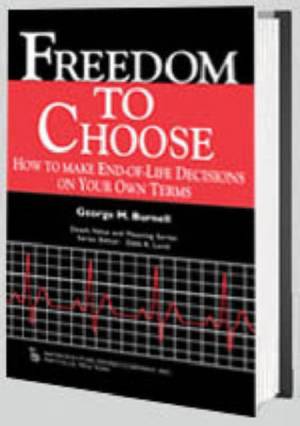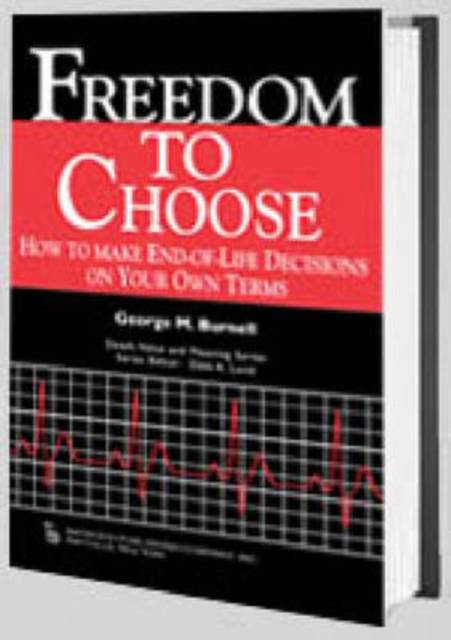
- Retrait gratuit dans votre magasin Club
- 7.000.000 titres dans notre catalogue
- Payer en toute sécurité
- Toujours un magasin près de chez vous
- Retrait gratuit dans votre magasin Club
- 7.000.000 titres dans notre catalogue
- Payer en toute sécurité
- Toujours un magasin près de chez vous
195,95 €
+ 391 points
Description
"Freedom of Information in a Post 9-11 World" is, to date, the first international scholarly examination of the impact of the terrorist attack on the United States in terms of how it may alter academic and corporate research, as well as the sharing of information generated by that research, by international colleagues in technological fields. The collection of essays brings together a widely varied panel of communications experts from different backgrounds and cultures to focus their expertise on the ramifications of this world-changing event. Drawing upon the related but separate disciplines of law, interpersonal communication, semiotics, rhetoric, management, information sciences, and education, the collection adds new insight to the potential future challenges high-tech professionals and academics will face in a global community that now seems much less communal than it did prior to September 11, 2001.In "Freedom to Choose: How to Make End-of-Life Decisions on Your Own Terms", young persons, baby boomers, and "senior citizens" alike will find the information they need to make intelligent, informed, and well-planned decisions about end-of-life care, and to clearly state their wishes based on personal, cultural, religious, and family values. In direct and simple language, Dr. Burnell describes how to prepare for a smooth transition to end-of-life care and what to do to prevent family conflicts, overcome death fears and anxiety, and achieve peace of mind for our loved ones and ourselves.The book gives practical advice on how to make decisions about end-of-life care and how to prepare a living will and durable power of attorney for health care. Dr. Burnell provides guidelines at the end of each chapter on what to consider before preparing these important documents: how to preserve one's rights as a patient; how to choose the right doctor; the best place to be when critically ill; the laws governing advance directives; and the best alternatives for end-of-life care, such as good pain control and assisted dying (where this is legal). "Freedom to Choose" provides a user-friendly approach to facing these difficult decisions. It includes extensive lists of resources and organizations, and a glossary necessary for understanding the issues at hand. As this book makes clear, preparing an advance directive and knowing all the available options at the end of life are the most important steps for achieving peace of mind.The primary audience is anyone, young or old, who needs to prepare a set of advance directives: healthy people, for themselves or their loved ones who are seriously ill or on life support, and people with a terminal illness. The secondary audience is health professionals who deal with people in end-of-life care or with decision-makers on end-of-life issues: primary care physicians; nurses; geriatricians; psychiatrists; hospice doctors, nurses, and volunteer staff; caregivers for the seriously ill; oncologists; interns and residents; counselors; family therapists; psychologists; social workers who work with the dying and bereaved; attorneys; thanatologists; estate planning advisors; senior citizen center staff; college teachers in death and dying courses; professionals taking courses in psychology, gerontology, thanatology, nursing, and social work.
Spécifications
Parties prenantes
- Auteur(s) :
- Editeur:
Contenu
- Nombre de pages :
- 168
- Langue:
- Anglais
- Collection :
Caractéristiques
- EAN:
- 9780895033406
- Date de parution :
- 15-02-08
- Format:
- Livre relié
- Format numérique:
- Genaaid
- Poids :
- 361 g







